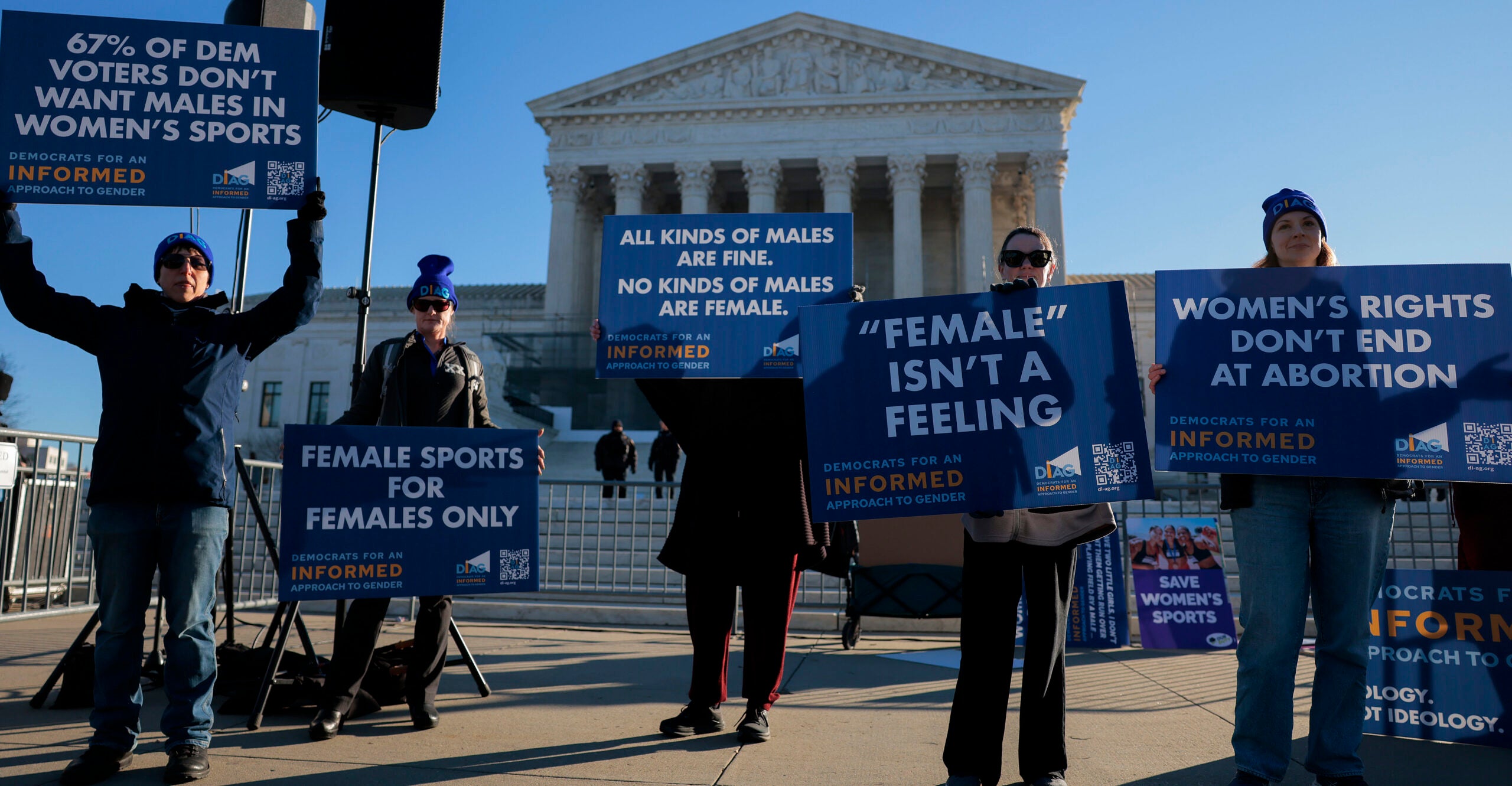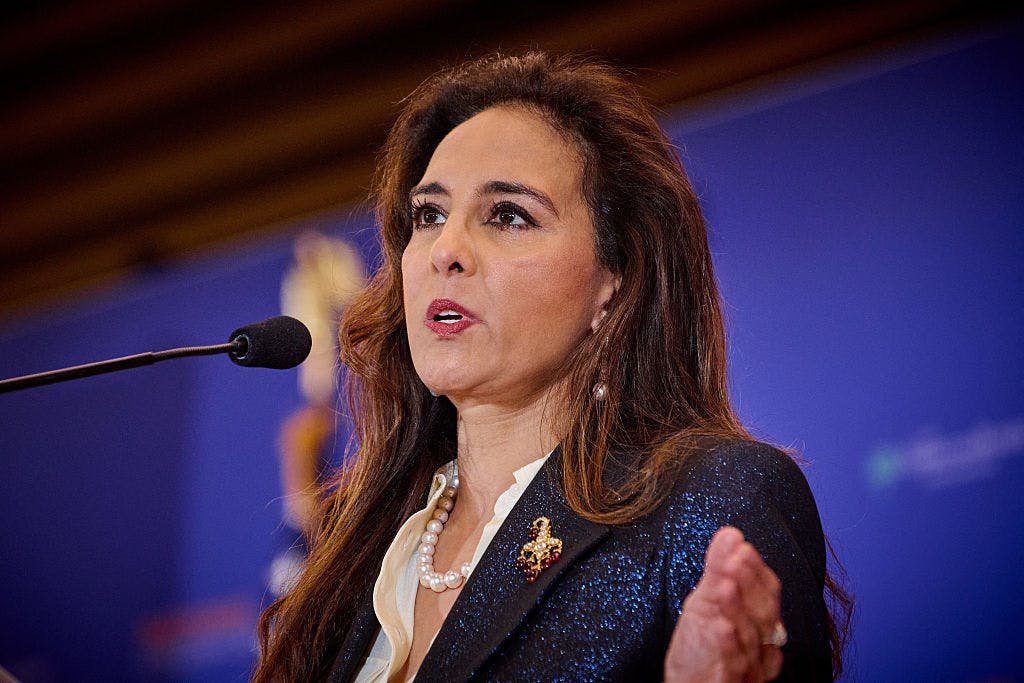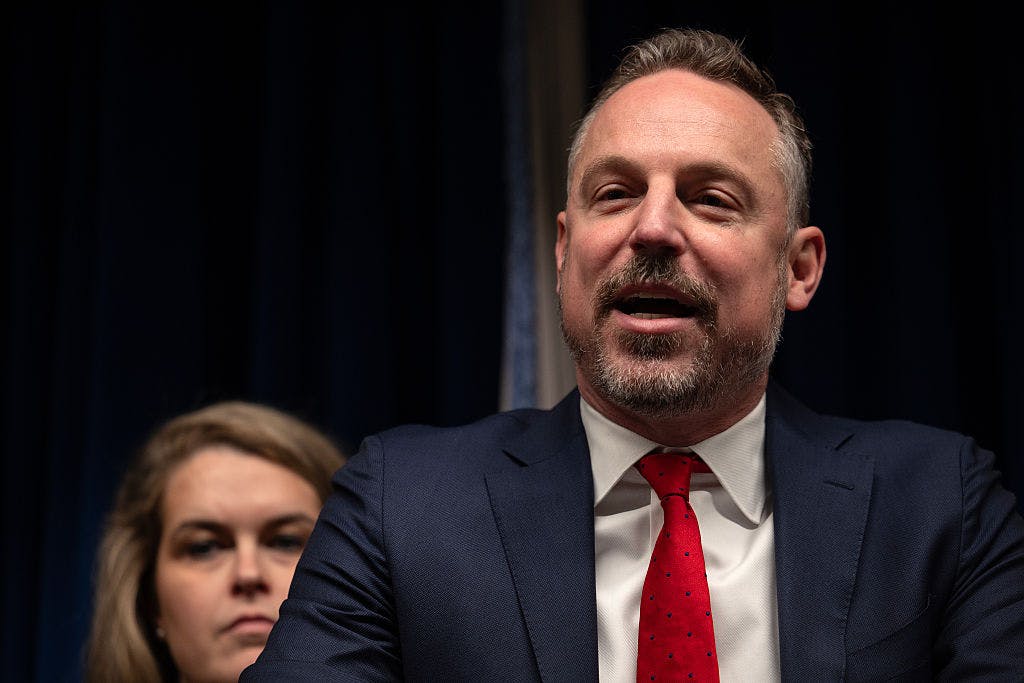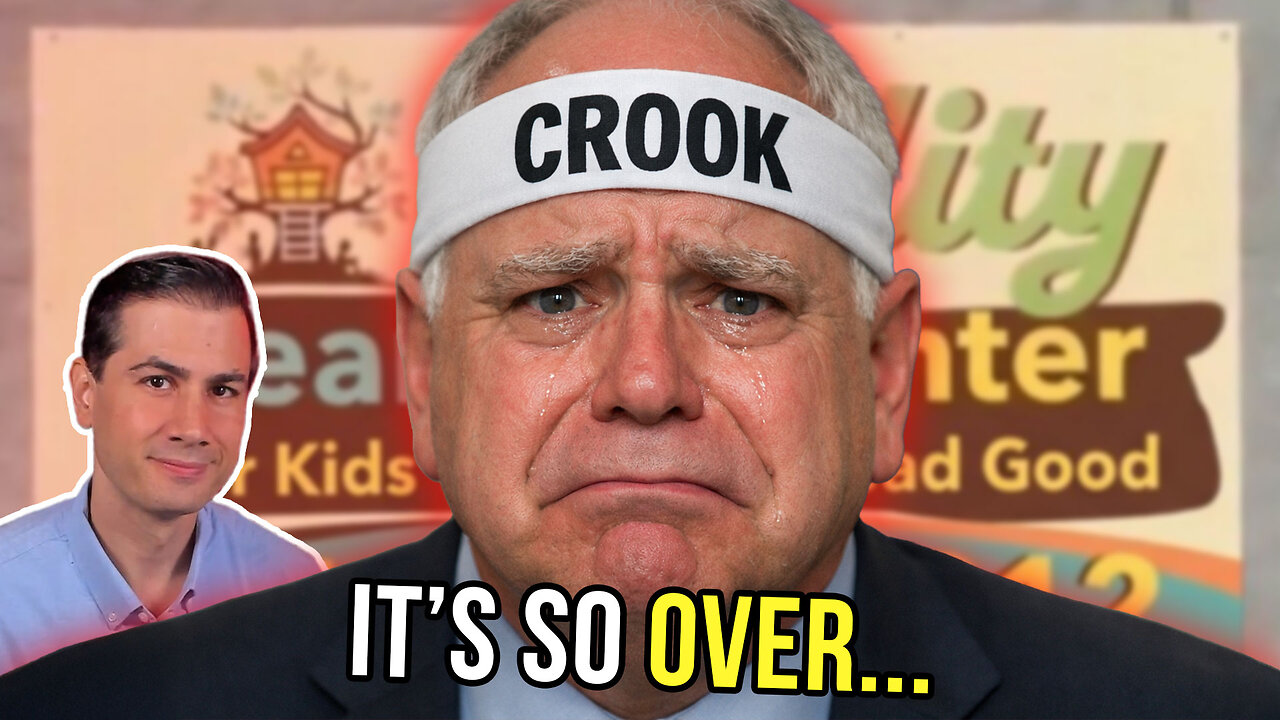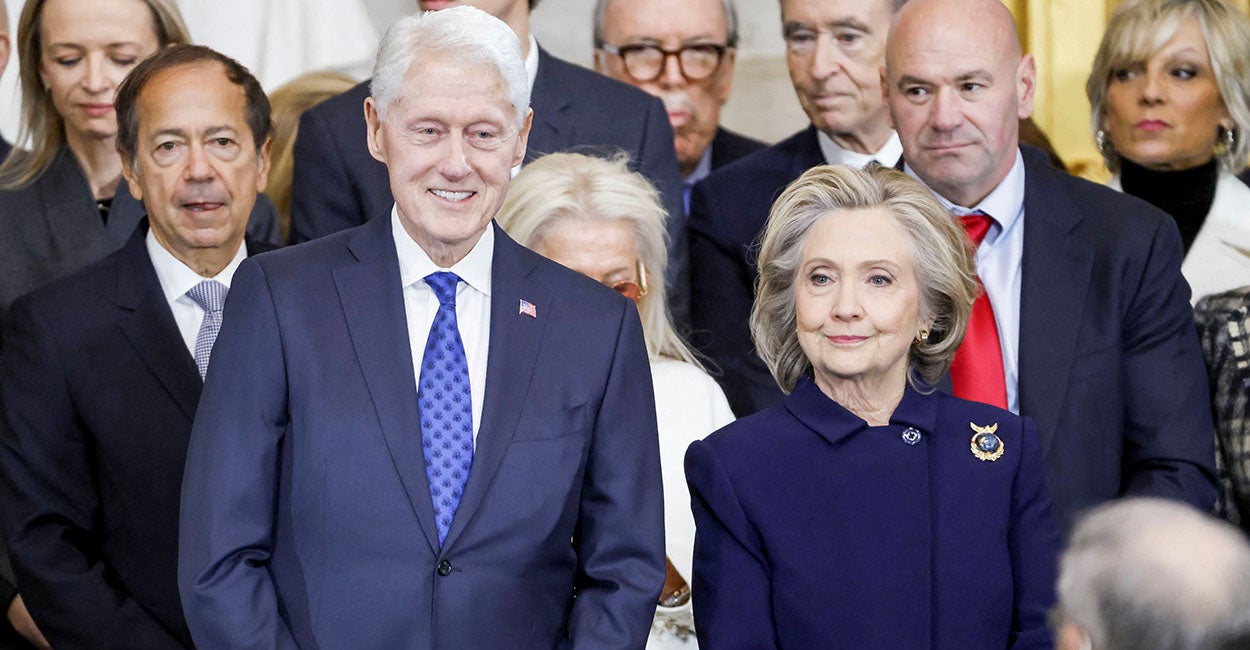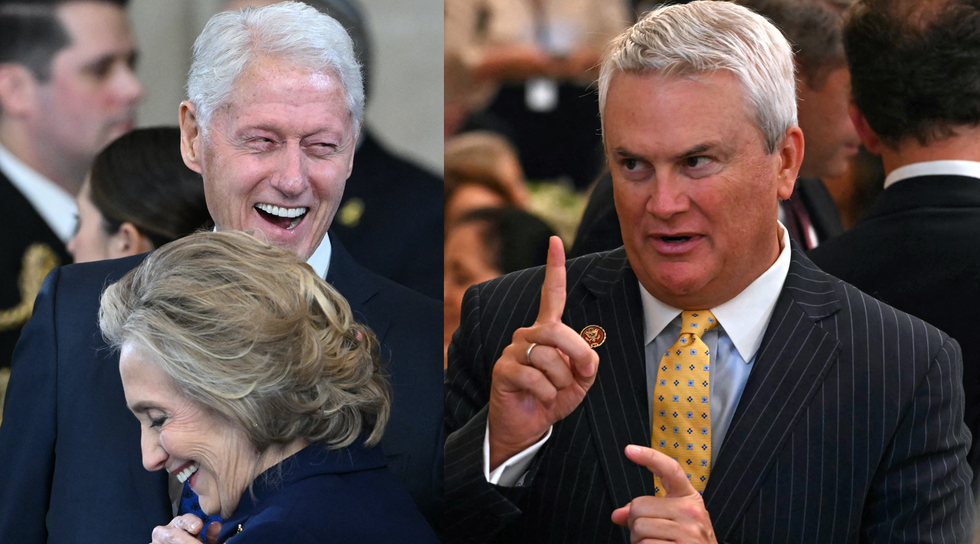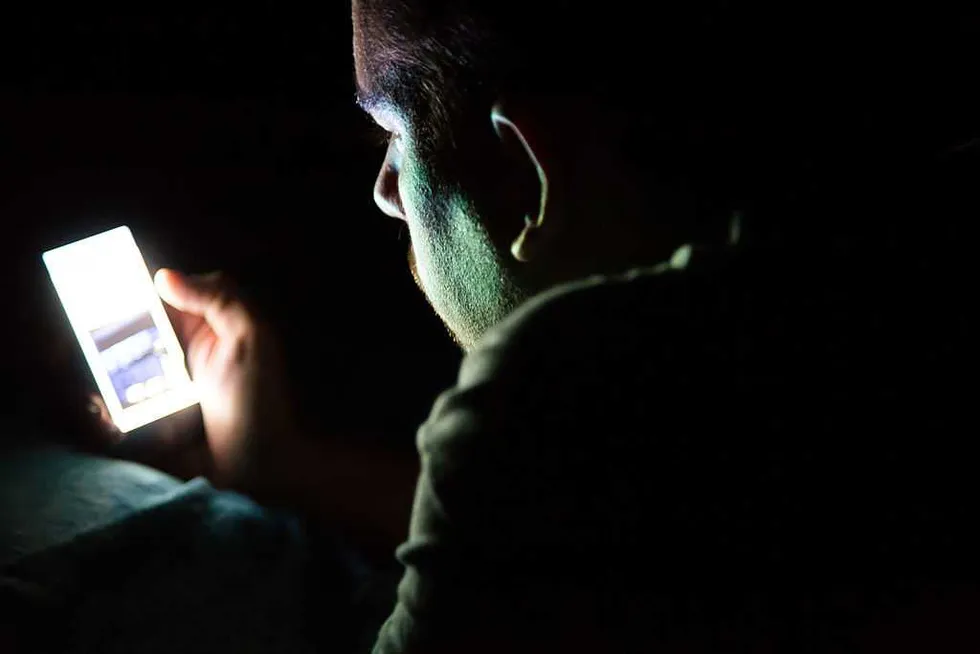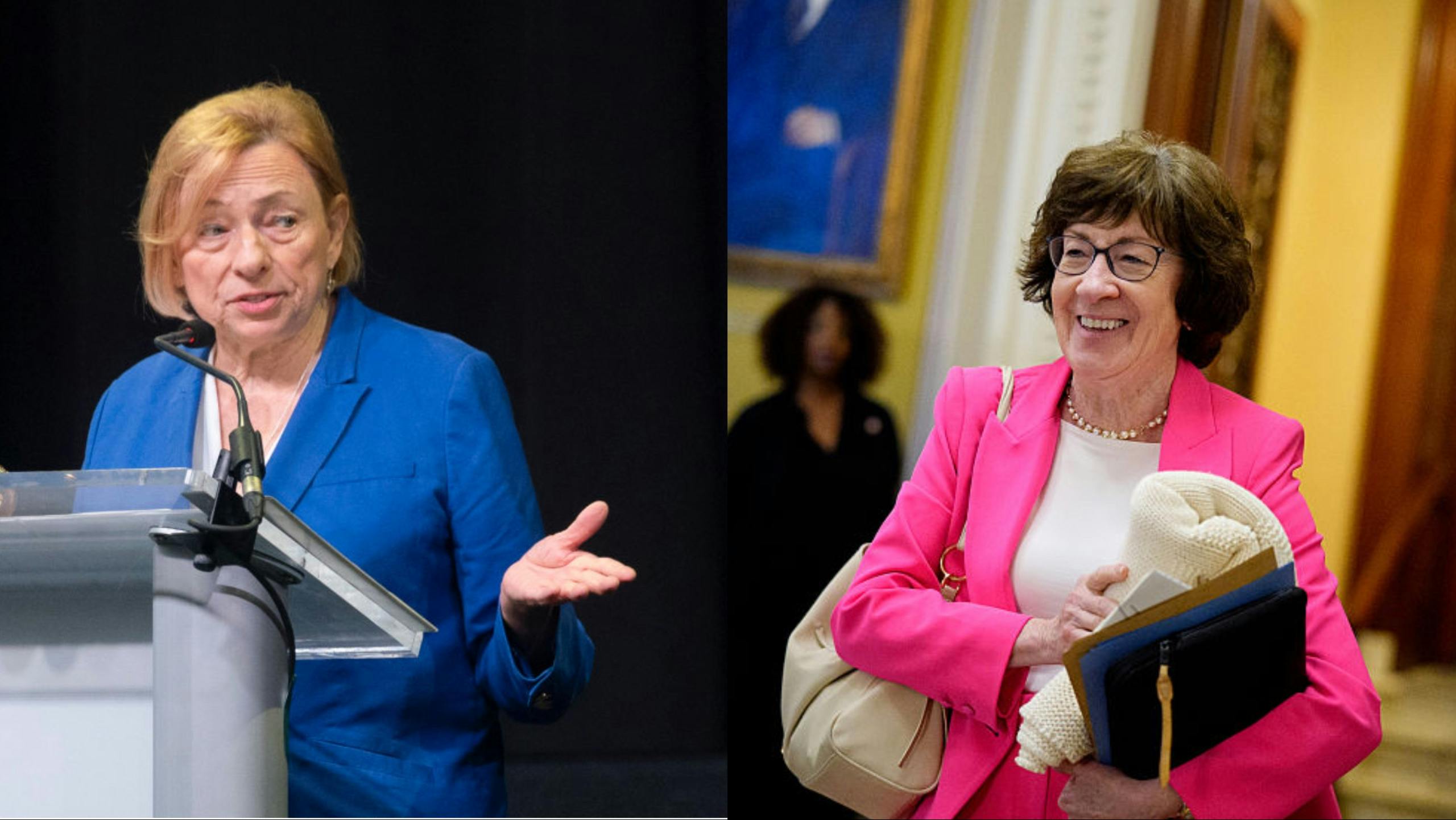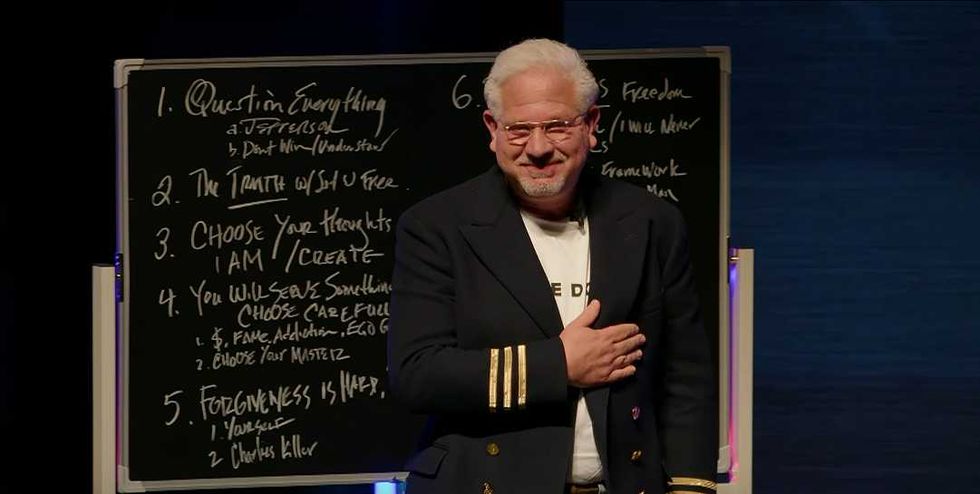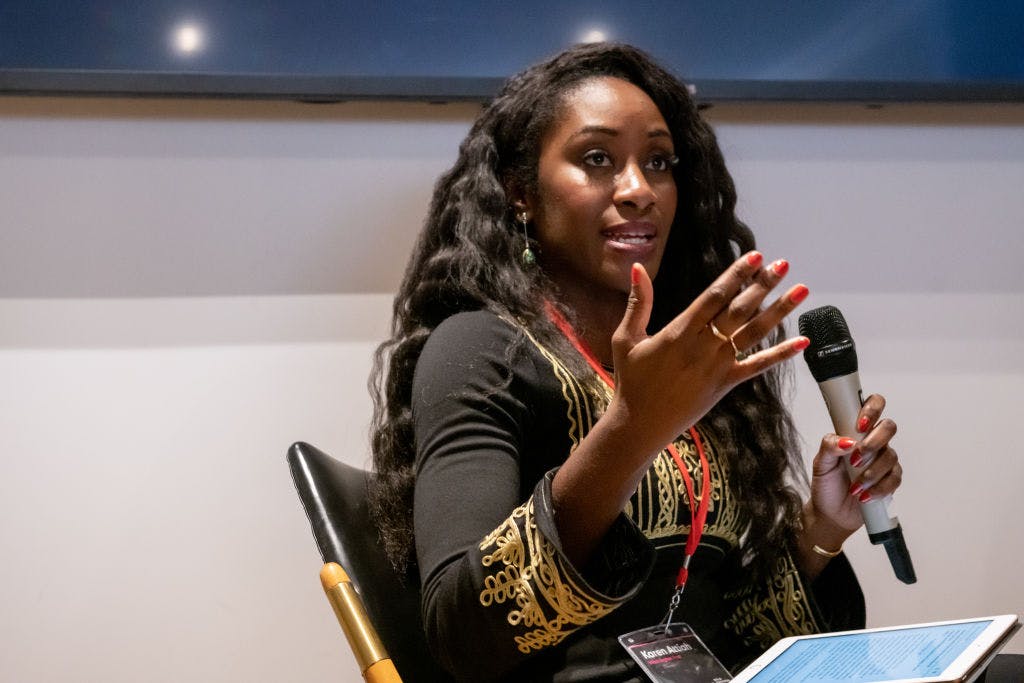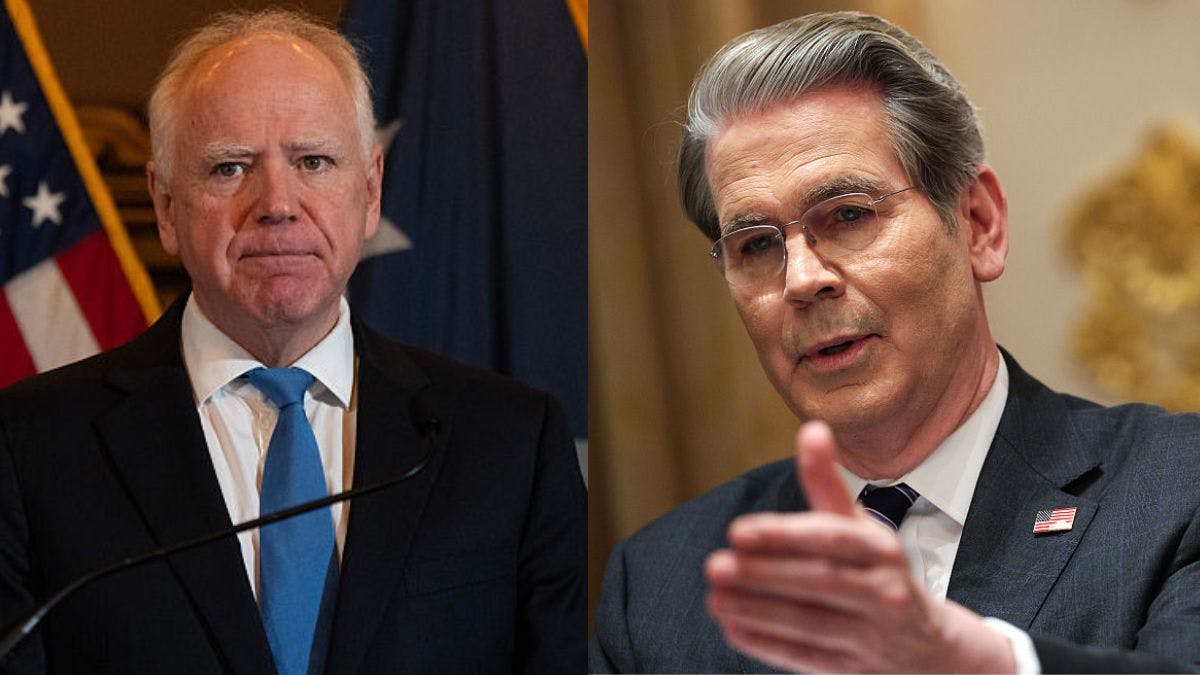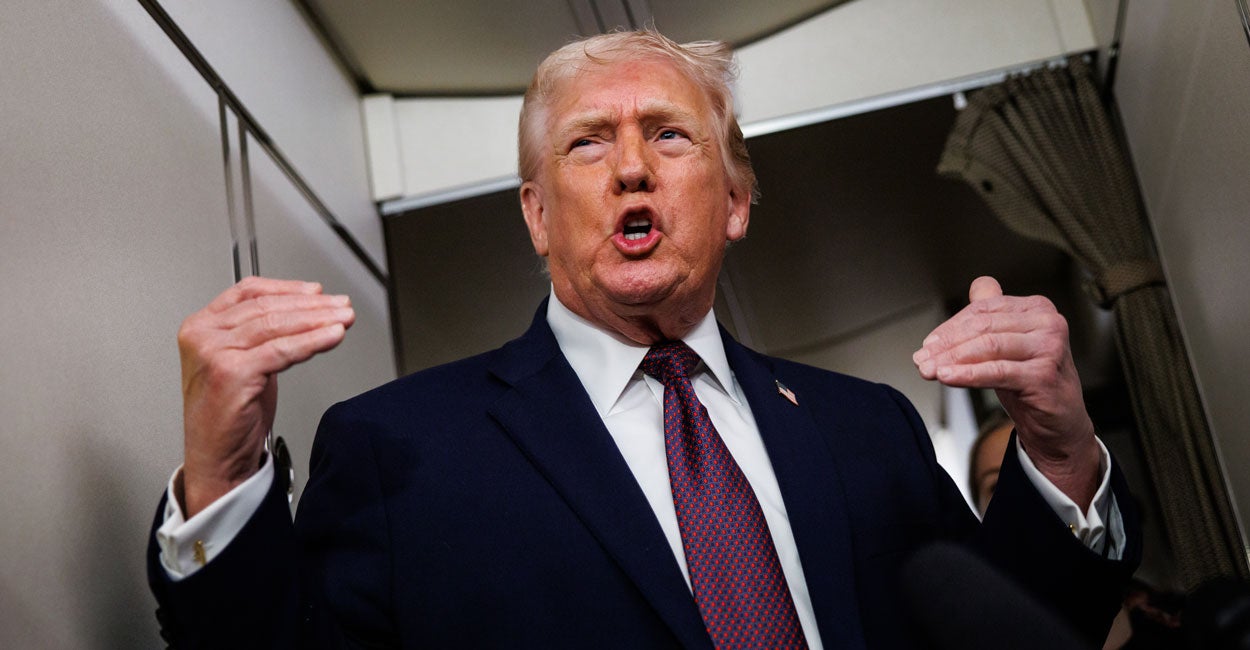States Are Leading The Fight On Cellphones In School. Why Isn’t Congress?

Across the country, Democrats and Republicans are united in their determination to get cellphones out of classrooms.
Live Your Best Retirement
Fun • Funds • Fitness • Freedom
From Florida and Virginia to New York and North Dakota, over half of U.S. states have taken real steps to restrict or ban cellphone use in K-12 schools, according to the Parents Television and Media Council’s latest survey of state phone policies.
They’re responding to a growing body of research — and public outcry — showing that smartphones and social media are damaging student achievement, mental health, and classroom discipline.
According to a 2023 Pew Research Center survey, 72% of American high school teachers say cellphone distraction is a major problem in their classrooms. One 2018 Rutgers study found that students who used phones during class scored lower on their final exams — as did students sitting near them, even if they weren’t using devices themselves. The London School of Economics reached the same conclusion: just having a phone within sight can reduce academic performance.
But the issue goes far beyond academics. Since smartphones became widespread, mental health among adolescents has been in sharp decline. Since 2010, suicide rates among preteen girls have risen by more than 160%. Boys aged 10–14 have seen a 91% increase. Much of this can be traced to social media addiction, cyberbullying, sextortion, fear of missing out, and algorithms that lead users to increasingly extreme content.
The truth is, for years, we’ve been sold the lie that giving kids unfettered access to technology would prepare them for the future. What it’s done instead is isolate them, addict them, and rob them of the ability to focus and relate in real life.
State legislators are doing what Congress so far has not: taking decisive action to protect America’s children from the harmful effects of digital addiction.
As of now, over 30 states have passed or advanced school-based smartphone policies. Even California — home to Silicon Valley — is moving toward mandated restrictions.
These state-level reforms demonstrate a willingness to tackle the problem head-on: “bell-to-bell” bans that restrict phone use throughout the school day, new funding for secure storage solutions, pilot programs to test best practices, and mandates to block access to social media on school Wi-Fi.
And they aren’t coming from a single party or ideology. Lawmakers on both sides of the aisle recognize that tech-fueled distraction and distress have reached a crisis point — and local communities are demanding solutions.
Meanwhile, in Washington, Congress has yet to pass a single major law addressing the mental health fallout from kids’ digital dependence.
Parents are doing their part — but they are being asked to work alone to combat a multibillion-dollar industry that has integrated psychological manipulation into their business model. They need help — from schools, from tech companies, and especially from Congress.
It’s time for federal lawmakers to stop dragging their feet and caving to Big Tech interests by finally passing the Kids Online Safety Act.
This bipartisan bill would create a duty of care for online platforms to prevent harm to minors. It would give parents more control, limit manipulative algorithms, and require platforms to default to the safest settings for young users.
Congress could also take the former Surgeon General’s suggestion and require warning labels to be added to social media platforms, as New York and Minnesota already have. It’s one common-sense solution among many that rightly aims to confront social media harms
School cellphone bans alone won’t solve the youth mental health crisis. That will require a unified effort from states, the federal government, parents, and teachers. Restricting kids’ access to phones during the day is a critical first step in combatting their digital dependence — and the broad, bipartisan support for these policies should serve as an example of what can be done.
Our children deserve better. So do the parents and teachers working hard to raise and educate them.
Congress should be the force that empowers these efforts — not the obstacle standing in the way.
Melissa Henson is the vice president of the Parents Television and Media Council, a nonpartisan education organization advocating responsible entertainment. Follow them on X @ThePTC
The views expressed in this piece are those of the author and do not necessarily represent those of The Daily Wire.
Originally Published at Daily Wire, Daily Signal, or The Blaze
What's Your Reaction?
 Like
0
Like
0
 Dislike
0
Dislike
0
 Love
0
Love
0
 Funny
0
Funny
0
 Angry
0
Angry
0
 Sad
0
Sad
0
 Wow
0
Wow
0
